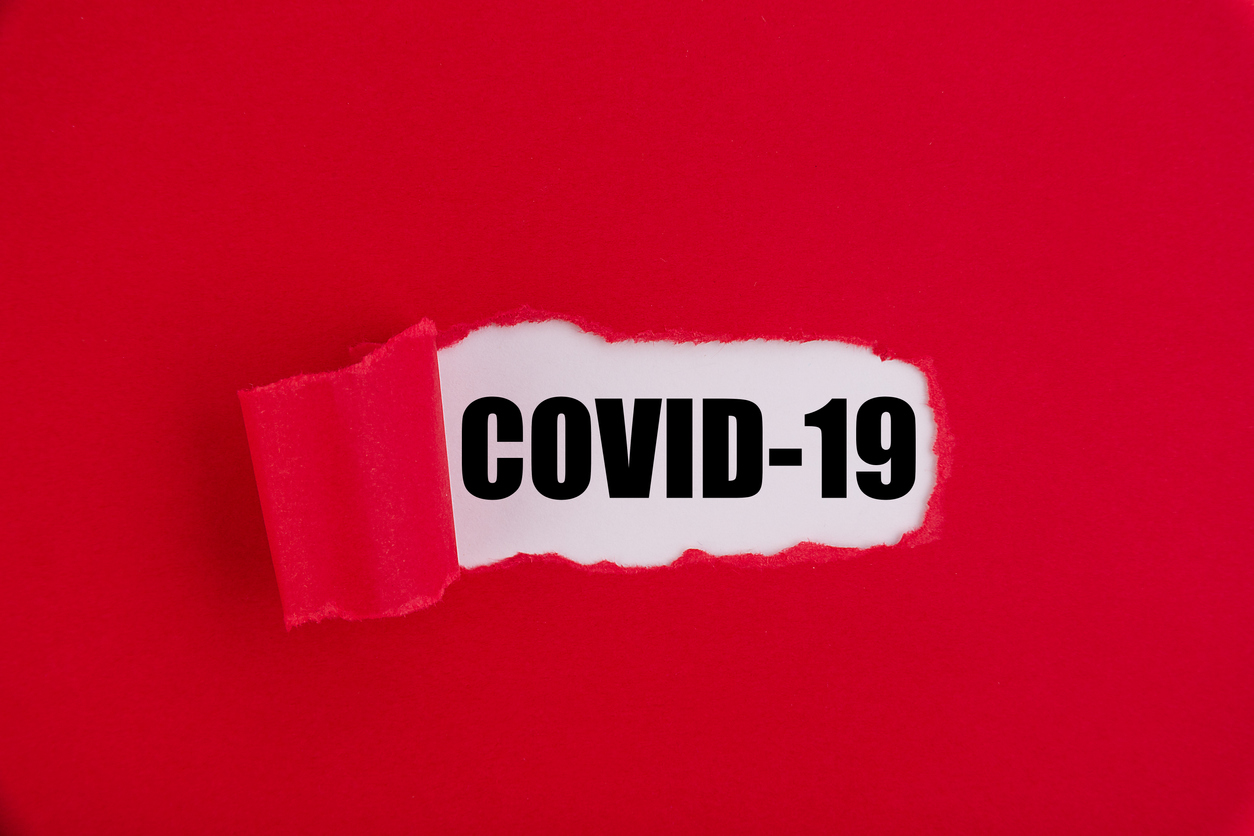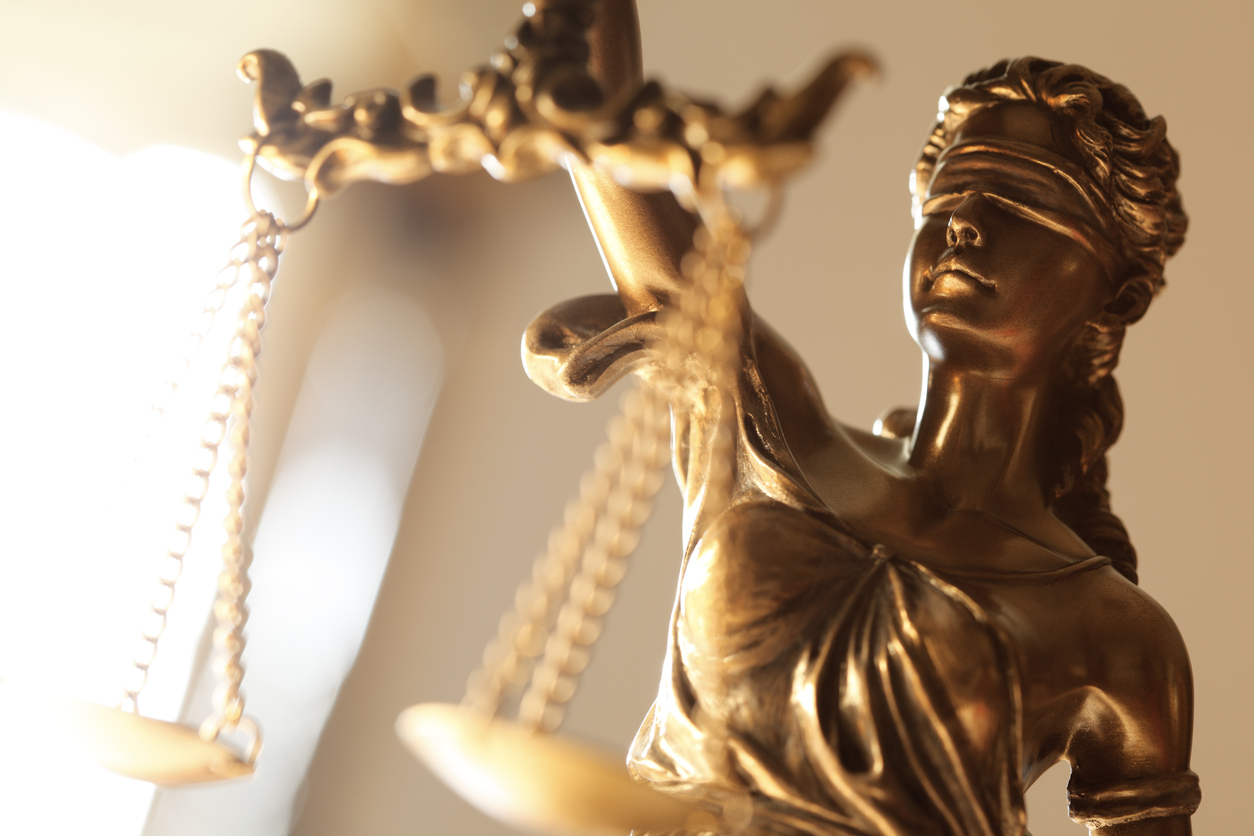
Tonight, Governor Cuomo announced that a deal has been reached to provide all employees with job-protected leave in the event they are subject to a mandatory or precautionary order of isolation or quarantine, subject to certain exceptions. The terms of the deal are set out in a legislative program bill, and some of the






